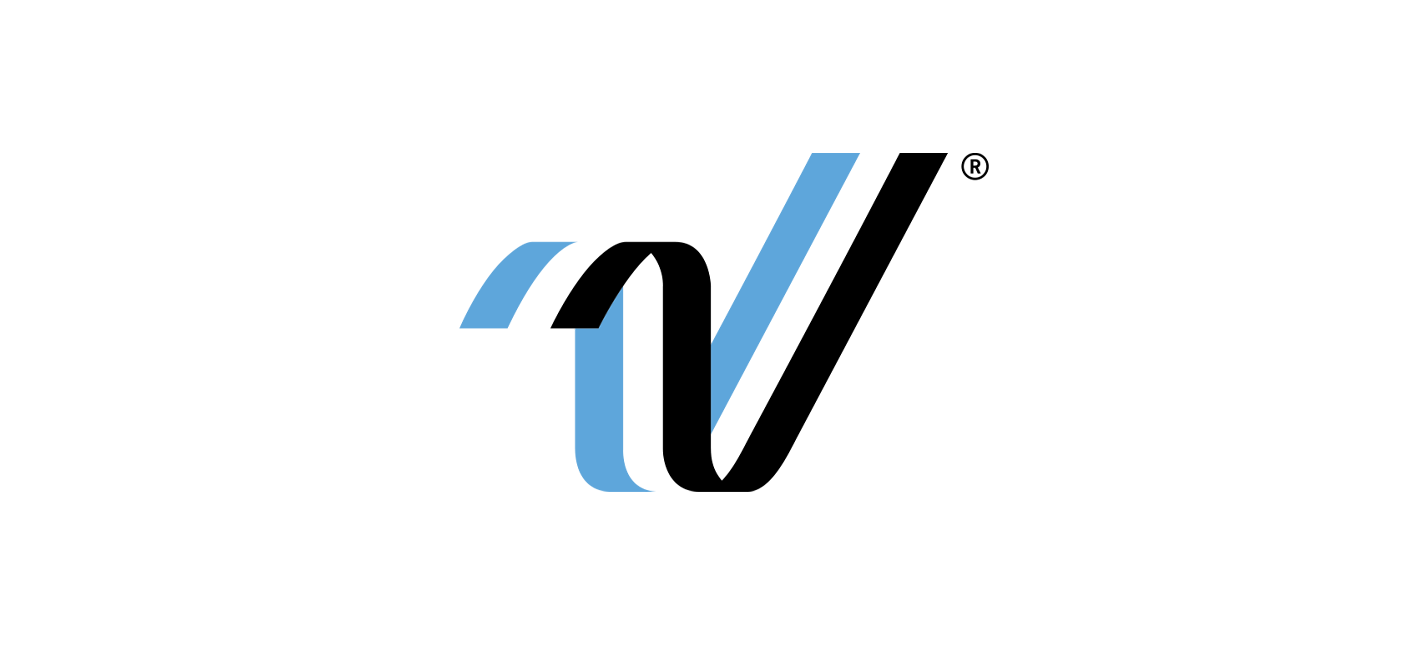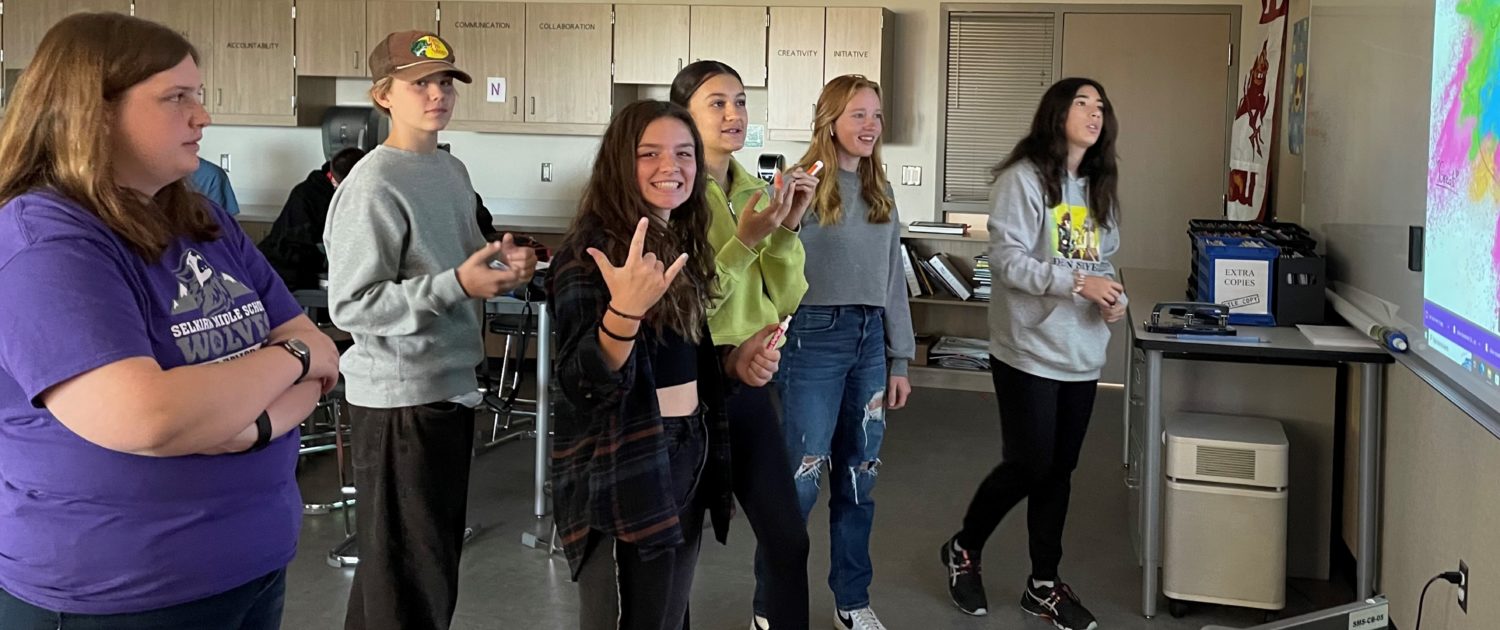Alternatives to Grading in Yearbook
Grading the three-ring-circus of yearbook class is challenging even for the most experienced teacher. Veteran science teacher, Rachael Kettner-Thompson has embraced the chaos and found a way to focus on student growth over gradebook entries. Have a great idea you’d like to share? Drop us a line at ybk@herffjones.com.
Yearbook class is not the setting for grades. I know what you’re thinking, no grades equals no work. That is not a true statement, yearbook class offers something that many classes cannot, authenticity. With the creation of an authentic product along with authentic due dates and ownership of learning by students, you can move away from traditional grading. Plus, there’s no time to grade it all — you have a yearbook to build. Instead of traditional grading, you can put your effort into other things that support students to grow as learners by placing a focus on soft skills instead of grades.
In my yearbook class, I use various alternatives to grading from the traditional classroom model. Those alternatives include:
- Reflection
- Soft skills
- Portfolios
- Performance reviews
- Gradebook workarounds
Reflection is an important skill that allows students to build metacognition and to identify how effective the tools or strategies they are using are as well as to identify a possible better way to accomplish tasks. I allow students to reflect in various ways, one way is using prompts to guide reflection using the Unrulr site, which I will discuss in more detail later.
Soft skills are essential life skills that can be focused on in any classroom, especially yearbook. Soft skills are the main focus in my yearbook class, students set goals based on soft skills and I provide them performance reviews as feedback on soft skills at mid-term and at end of quarter. Placing a focus on soft skills helps students realize the value of them and how they help drive success in multiple settings.
The six soft skills that we focus on in my classroom are:
- Communication
- Collaboration
- Critical Thinking
- Creativity
- Initiative
- Accountability
With each soft skill, I include at least 6 descriptors that give students a strong understanding of what each soft skill looks like. Students select a strength in each area as well as an area of growth. Once students self-assess, they choose one area of growth to focus on and create a goal. Soft skills are self-assessed every 5 weeks and students are provided my feedback using performance reviews. Providing this focus on soft skills can move students forward in work completion, meeting deadlines and improving accountability and creativity along with many other skills.
Because I believe students should be focusing not only on creating a yearbook but making growth overall as a learner, I have students create portfolios using the Unrulr website. This site allows me to provide prompts to students about their learning and growth over time and allows students time to reflect and to demonstrate growth with evidence of products they are creating throughout the year.
I know this sounds great and all, but what about the gradebook? I still have a LMS that I am required to place data in.
The data I put in is all qualitative and no data generates letter grades except for the end of quarter grade. I use checkmarks to signify that assignments/tasks have met expectations. For assignments that don’t meet expectations, I use the incomplete symbol. All assignments that are assigned also will be counted late but only as data for students that they need to work on their accountability and meet deadlines.
At the end of the quarter, students self-assess on their soft skills and then determine a letter grade for the quarter based on their application of soft skills, growth as a learner and evidence of learning of yearbook skills. The evidence used could be many things, including the LMS data, evidence from their Unrulr portfolio, work samples and more, as long as students can justify the evidence to support their argument.
Yearbook is a class in which students are expected to be creative and grow as learners, and by placing the focus on just that, we can allow them to flourish without everyone worrying about grades. If you are interested in more details or have questions about a gradeless classroom, Rachael is on Twitter @gosundevils.
Rachael Kettner-Thompson is the yearbook adviser at Selkirk Middle School in Liberty Lake, WA. She also is a Nationally Board-Certified Science teacher and has taught for 21 years.
- Adviser Takeover: I didn’t know that I didn’t know. - September 23, 2023
- STAFFER TAKE OVER: eDesign Sticky Notes Make Editing Easy - September 11, 2023
- ADVISER TAKEOVER: How to Involve Your School Community in YBK Sales - September 1, 2023



